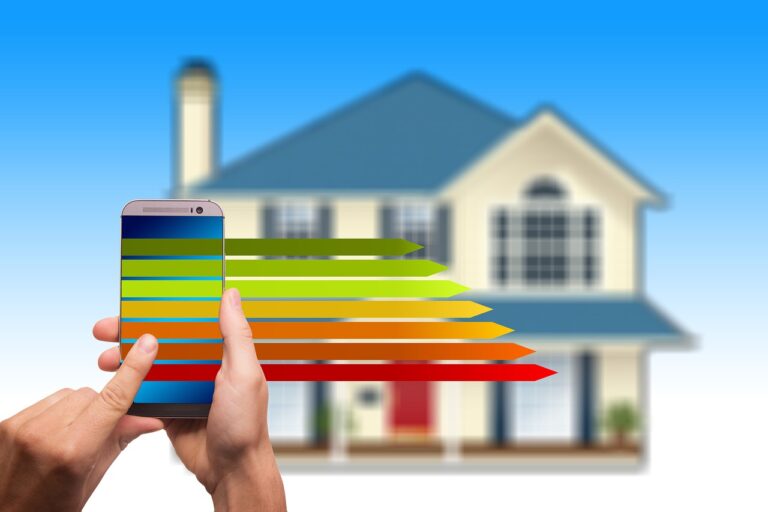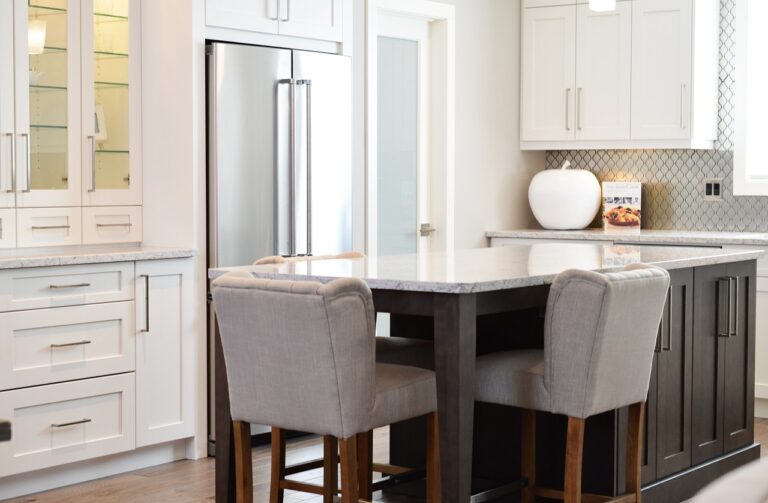Incorporating Smart Home Waste Management in Home Improvement
Creating a sustainable solution for home waste management is becoming increasingly important as we strive to reduce our environmental impact. Smart home waste management systems offer an innovative approach to managing waste efficiently and effectively within the home environment.
By implementing smart home waste management solutions, homeowners can not only reduce the amount of waste they produce but also streamline the process of waste disposal. These systems utilize technology to track and manage waste, providing real-time data and insights that can help homeowners make more informed decisions about their waste habits.
The Basics of Smart Home Waste Management
When it comes to the basics of smart home waste management, the first step is to segregate the different types of waste generated in the household. This can include separating recyclables such as paper, plastic, glass, and metal from non-recyclable waste like food scraps and other organic materials. By categorizing waste, it becomes easier to dispose of each type in an environmentally friendly manner.
Furthermore, investing in smart waste bins equipped with sensors can streamline the waste management process in a household. These bins can automatically sort and compact trash, alerting homeowners when it is time to empty them. Additionally, some smart bins can even track waste generation patterns, providing valuable data to help reduce overall waste production in the long run.
Benefits of Implementing Smart Home Waste Management
Implementing smart home waste management systems can greatly benefit homeowners in various ways. One of the primary advantages is the reduction of environmental impact through proper waste disposal and recycling practices. By efficiently managing waste within the confines of a smart home system, individuals can significantly decrease their carbon footprint and contribute towards a healthier environment.
Additionally, smart home waste management systems promote a more organized and hygienic living space. With designated bins for different types of waste and automated processes for disposal, homeowners can maintain a clean home environment without the hassle of manual sorting and monitoring. This not only enhances the aesthetic appeal of the property but also creates a healthier living environment for residents.
Efficient waste disposal and recycling practices
Decreased carbon footprint
Healthier environment
Organized living space
Hygienic environment
Automated processes for disposal
What is Smart Home Waste Management?
Smart Home Waste Management involves using technology and automation to manage and reduce waste produced in the home.
What are some examples of smart home waste management systems?
Examples include smart bins that can sort and compact waste, composting systems, and apps that help track and reduce waste.
How can smart home waste management benefit homeowners?
Smart home waste management can help reduce waste production, lower utility bills, and contribute to a more sustainable lifestyle.
Is smart home waste management expensive to implement?
While there may be an initial investment, the long-term savings and environmental benefits make smart home waste management a cost-effective solution.
Can smart home waste management systems be customized to fit different household needs?
Yes, smart home waste management systems can be customized to accommodate the specific waste management needs of individual households.







